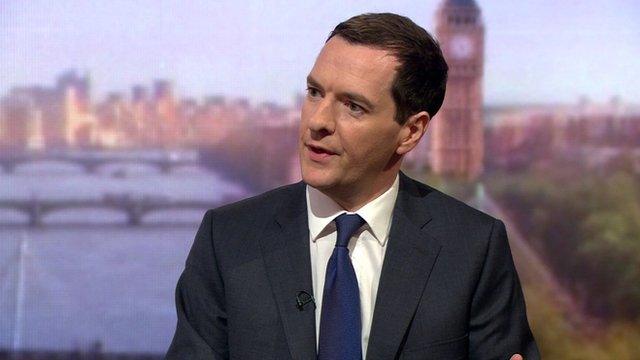Lower benefit cap will hit 11,000 children, says charity
- Published
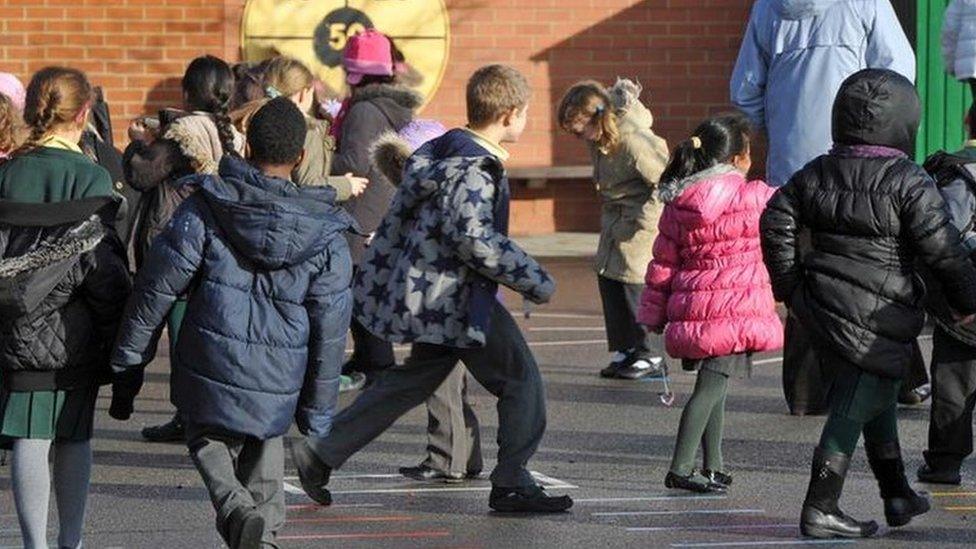
The homes of about 11,000 children in Wales will lose hundreds of pounds a month under a new lower cap on benefit payments, a charity has warned.
The annual welfare payment limit drops from £26,000 to £20,000 everywhere in Britain, outside London, on 7 November.
The Children's Society said saving cash by taking help from the "poorest children" was "unnecessary and unfair".
The Department for Work and Pensions (DWP) said the cap provided a "clear incentive to move into a job".
The Children's Society figures are based on DWP statistics on the number of households the lower cap will apply to, and the charity's estimate of the likely number of children in the homes involved.
The welfare cap cut was announced by former Chancellor George Osborne in July 2015, saying it was "not fair" that people out of work could earn more than those in work.
The cap applies to a range of benefits, external, including child benefit, income support and housing benefit.
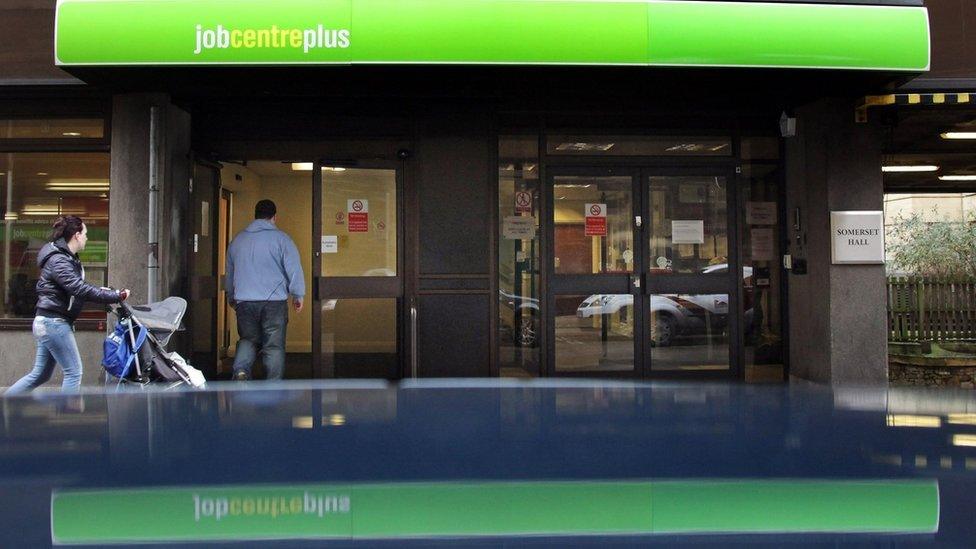
Jobseeker's Allowance is one of the benefits that counts towards the cap
Children's Society chief executive Matthew Reed said: "We fully support efforts to make work pay, but it is not right to achieve this by putting more children on the breadline.
"Even at this late stage we would urge ministers to exclude children's benefits from the cap so that children and their already struggling families do not suffer even more hardship."
He added: "The policy is targeted at workless adults, but the reality is that children are considerably more likely than adults to lose out and there is nothing fair about trying to balance the books on the backs of poor children."
A DWP spokesman said work was the "best route out of poverty" and that there were now "record numbers of people in work".
"The benefit cap provides a clear incentive to move into a job, even if it is part time, as anyone eligible for working tax credits is exempt," he said.
"People on carers allowance and most disability benefits are also exempt from the cap.
"Even with the new cap, families can still receive benefits up to the equivalent salary of £25,000, or £29,000 in London."
- Published31 October 2016

- Published1 November 2016
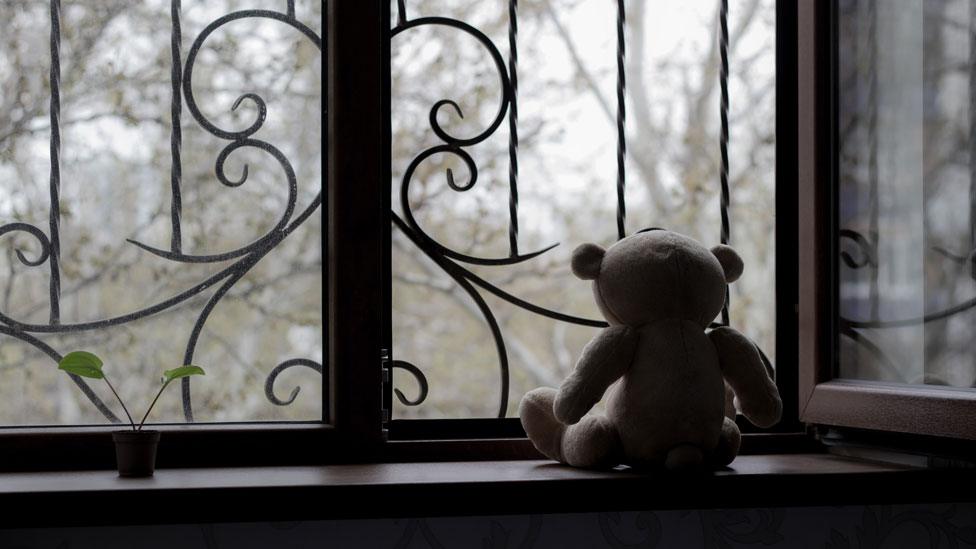
- Published8 July 2015
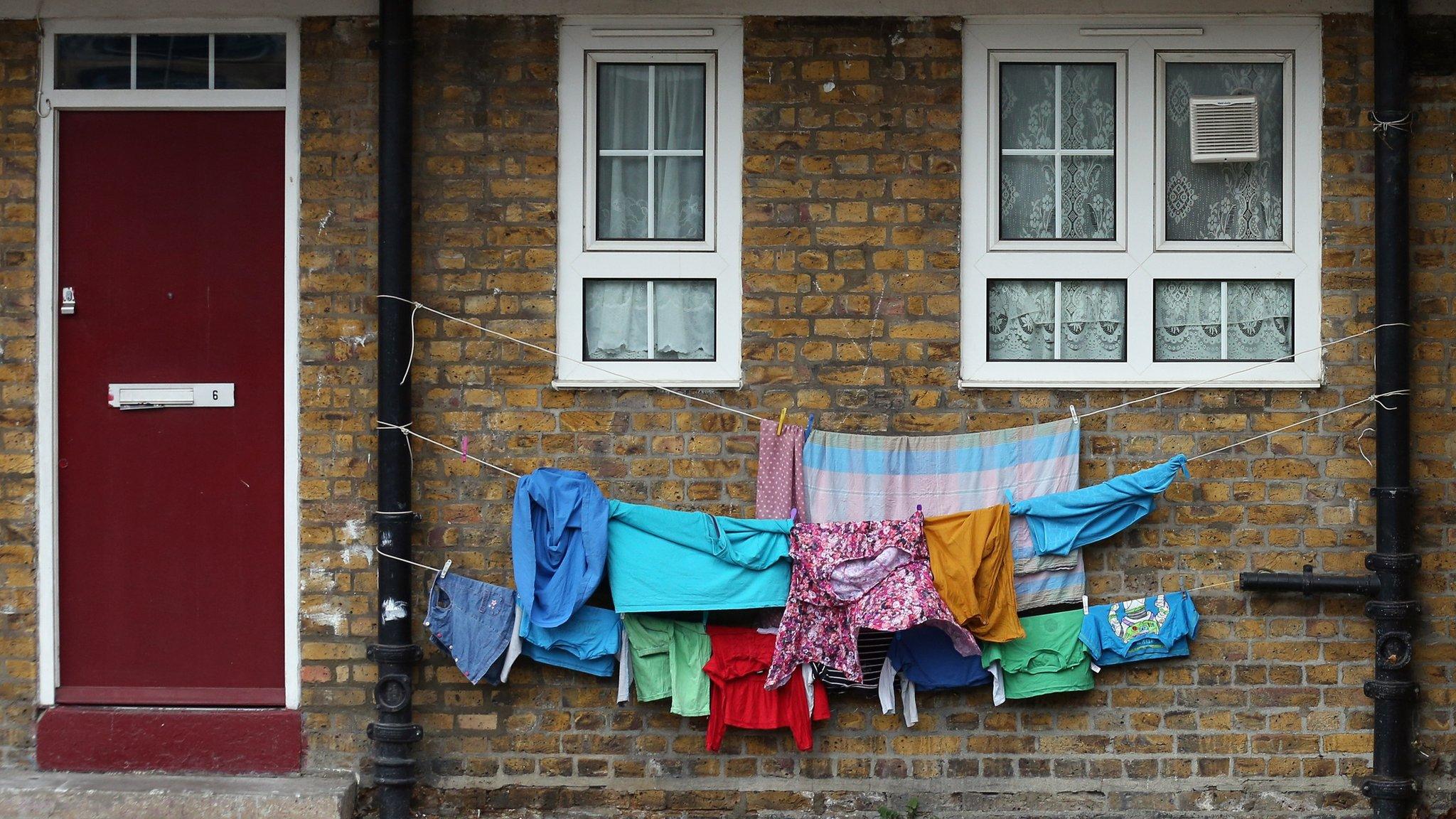
- Published5 July 2015
